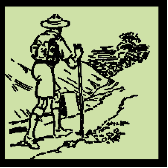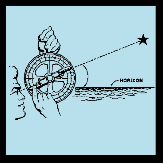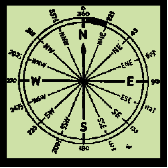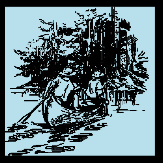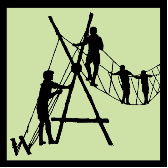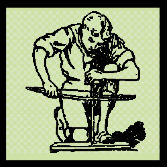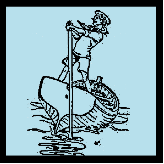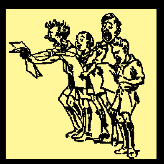Site under Re-development
Traditional Scouting
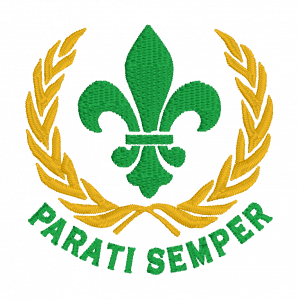 The Australian Association of Independent Scouting
The Australian Association of Independent Scouting
To avoid confusion the AAIS has no affiliation with Scouting Australia. Traditional Scouts will be called “Adventurers, ” in Australia.
A team of volunteers who wish to advocate for a better future for youth in South Australia was assembled to develop the AAIS.
The working team identified a number of areas the program needed to represent.
- Physical development
- Leadership
- Resilience and confidence
- Knowledge
- Ecological literacy
- Social engagement
The working team also identified that South Australia has a rich outdoor activity community of specialists. The program would seek to partner with these specialists rather than try to develop an ad-hoc team of its own that would be leave the program vulnerable.
The AAIS program centres around the Duke of Edinburgh award.
Since the Boys Brigade movement in 1854 through to the evolution of the scout movement from the American Woodcraft Indians in 1902 and Baden Powell’s Scouting for Boys in 1908 we have seen a positive formula for a social outdoor activity organisation. The Duke of Edinburgh was founded in 1956 by Prince Philip as a royal charter under the direction of Sir John Hunt. In Australia some 45,000 youth participate in the program each year.
The Duke of Ed program provides a set of standards and key performance indicators.
It also provides the youth with national and international recognition which is growing every day.
Independent Scouts are a uniform program with regular meetings.
In addition to sailing adventurers can paddle, hike, develop survival skills, base and light weight camping, management and participate in leadership courses and expeditions.
The AAIS partners with the World Federation of Independent Scouts which offers program support and a network of 7.2 million similar members around the world.
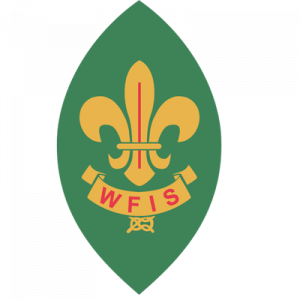 The World Federation of Independent Scouts
The World Federation of Independent Scouts
The purpose of the World Federation of Independent Scouts is to help and to support the develop the Independent Scouting Movement throughout the world.
The Aim of the World Federation of Independent Scouts is to contribute to the education of young people, through a value system based on the Scout Promise and Law, to help build a better world where people are self-fulfilled as individuals and play a constructive role in society by keeping and following the Scout Laws.
The Mission of the World Federation of Independent Scouts is to support young people to develop mentally, physically, and morally through programs of companionship, adventure training and public service to their communities.
About the Program
AAIS provides a structure for a code of behaviour and ethical development.
This includes concepts of right and wrong, respect for others and human diversity, and the environment.
A Modern Problem
While children are born with an empathy for nature they are quickly overshadowed by our commodity orientated culture. Our youth are disconnected and a condition now referred to as “nature deficit disorder,” has arisen. While the media reports hurricanes in the Caribbean and earth quakes in Peru we may in fact have a perfect outlook in Adelaide. By starting with base camping and playing in nature our youth can nurture an empathy for natural environments. By moving quickly to survival we can engage youth with eco systems. Through our expeditions we can build a healthy emotional tie with nature.
Knowledge
While philosophers often disagree there is unity in the value of knowledge. In presenting knowledge we seek for children to explore, reflect and reflect about what they are experiencing. There are many aspects to the physical activities above and we endeavour for our youth to be informed and able to become self-directed. Our program seeks to provide hands on experiences, social learning, and cater for multiple intelligences so each can find their own mental map. This may range from gaining a better knowledge of sailing, rigging and racing through to celestial navigation. Knowledge is a part of leadership and contributes not only to recognised training but safe practice.
Ecological literacy
We wish our youth to develop an understanding of natural systems that make the earth function. In 2011 the Duke of Ed polled Australian Youth to learn that 75% of the award participants are worried about climate change. Our youth will need to cultivate a different mindset from the one that contributed to climate change. Our camps and program will foster ecological literacy such as how ecosystems work, and how life is supported on earth. We will also cover the difference between weather and climate as a part of camp and expedition programming. Youth participating will develop higher cognitive understanding of space, architecture, landscape, and communication and develop a healthy emotional bond with nature.
Social engagement and inclusion
AAIS provides a framework for personal development. We seek our youth to positively interact with other people and be active members of the group and the community. Youth will be engaged in community activities, making new friends and meeting people from different backgrounds. We believe the partnerships we establish will unfold a diverse range of opportunities for youth to engage in their community.
Physical development
From sitting up on their own to throwing a ball, youth develop the physical skills needed for their adult lives.
Physical development includes the development and control of muscles for particular skills.
Physical development experiences and activities are crucial in the early years and need to be active and interactive. This develops coordination, control and movement. It is important children also learn about healthy diet and choices in relation to food.
Resilience and confidence
Once a youth learns something they are encouraged to teach it.
This not only reenforces their memory of the skill but engages them in leadership. Leadership can emerge when one is confident with skills and offers them to the group. As youth develop their skills we offer leadership training in order to build a tool box of communication and management skills.
The Award Scheme
![]() “The aim of education is to impel people into value forming experiences… to ensure the survival of these qualities: an enterprising curiosity, an undefeatable spirit, tenacity in pursuit… and above all, compassion… it is culpable neglect not to impel young people into experiences.”
“The aim of education is to impel people into value forming experiences… to ensure the survival of these qualities: an enterprising curiosity, an undefeatable spirit, tenacity in pursuit… and above all, compassion… it is culpable neglect not to impel young people into experiences.”
Dr Kurt Hahn – Founder Outward Bound


